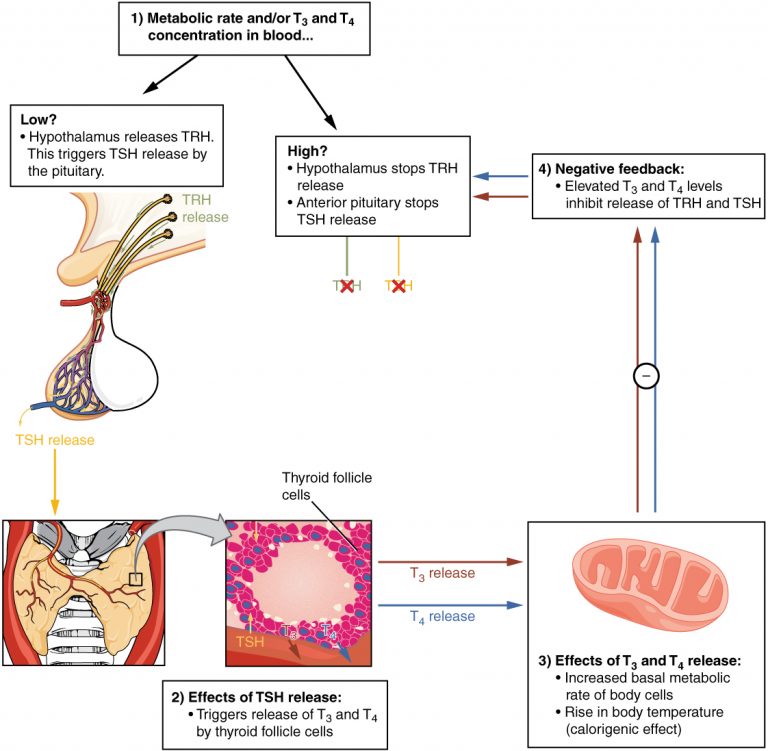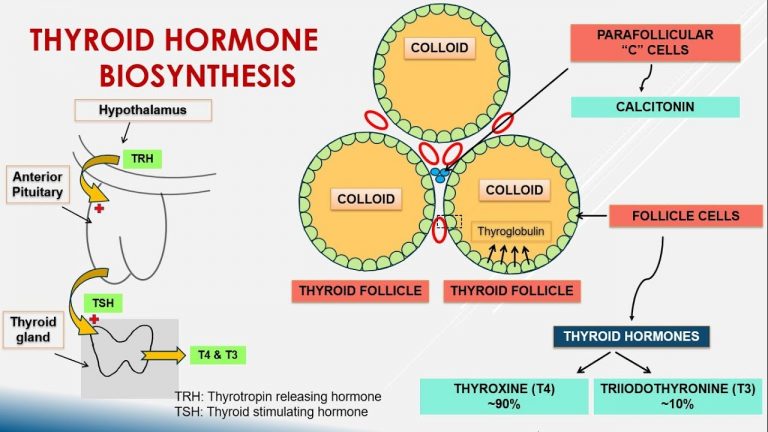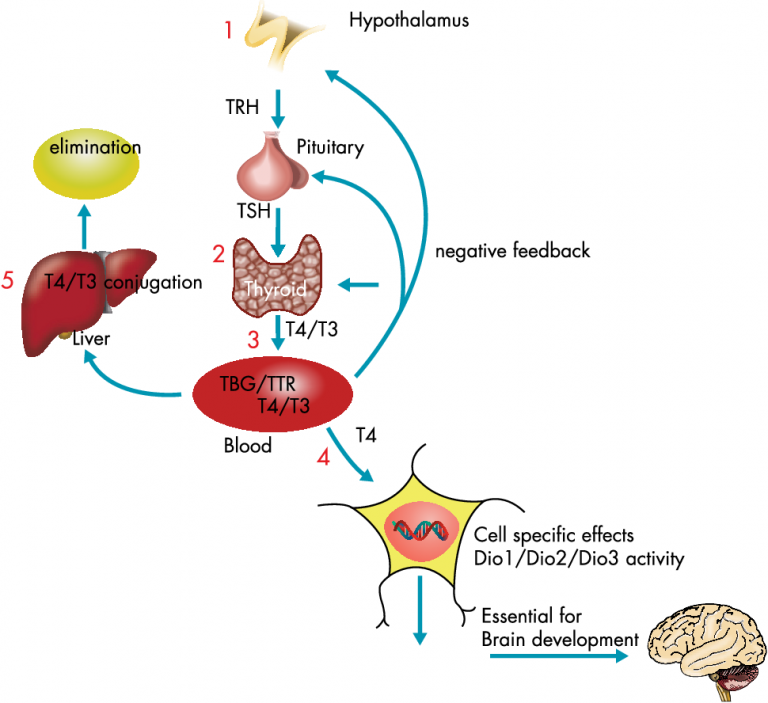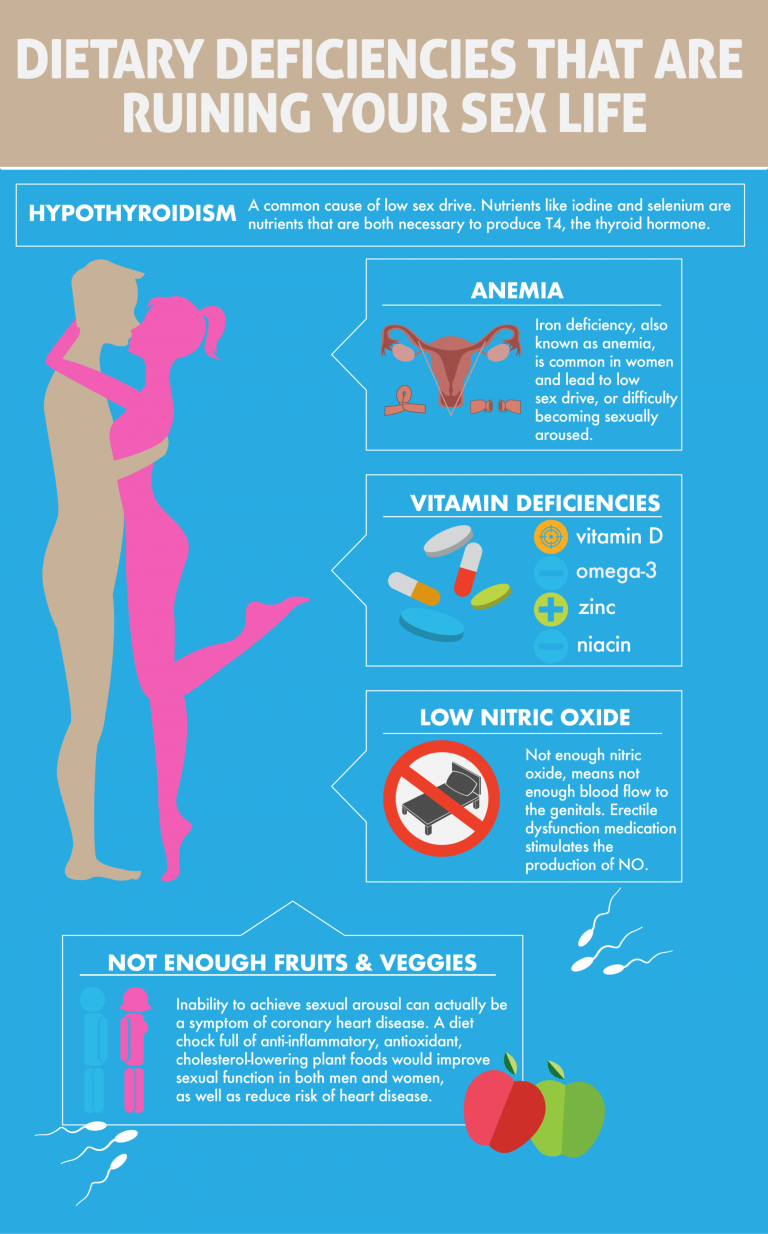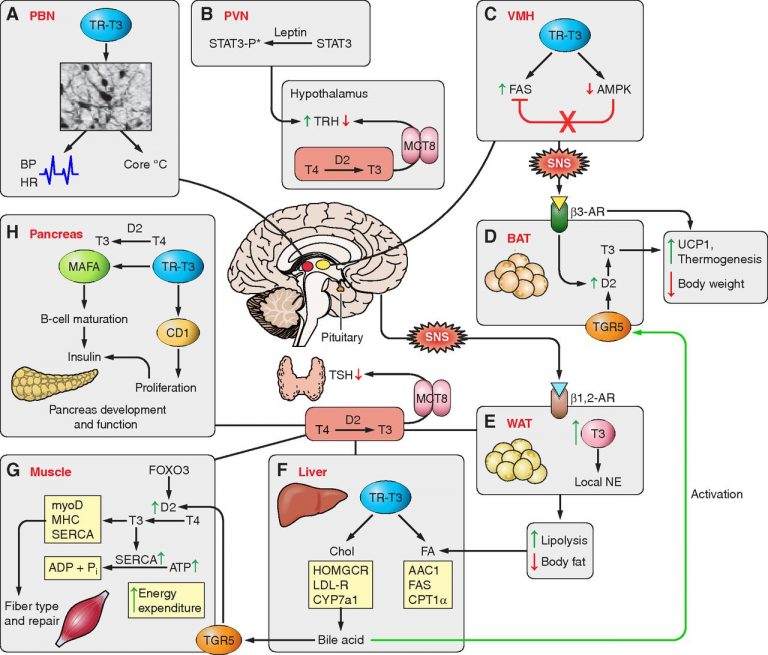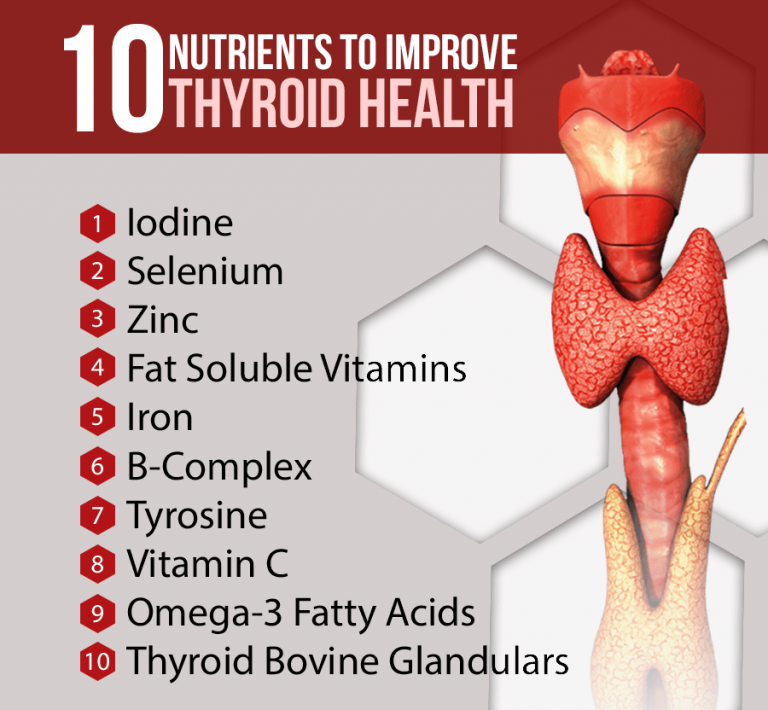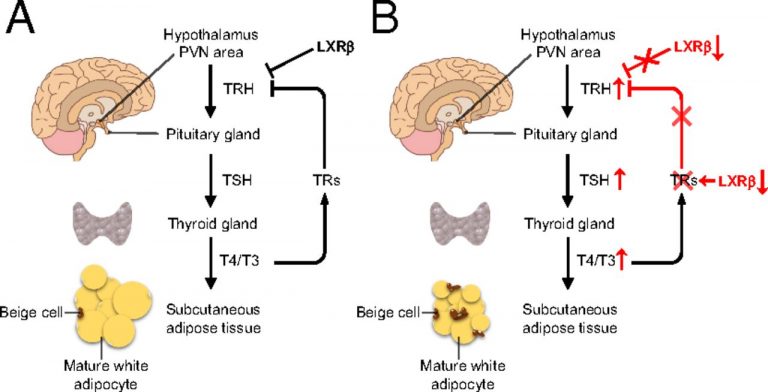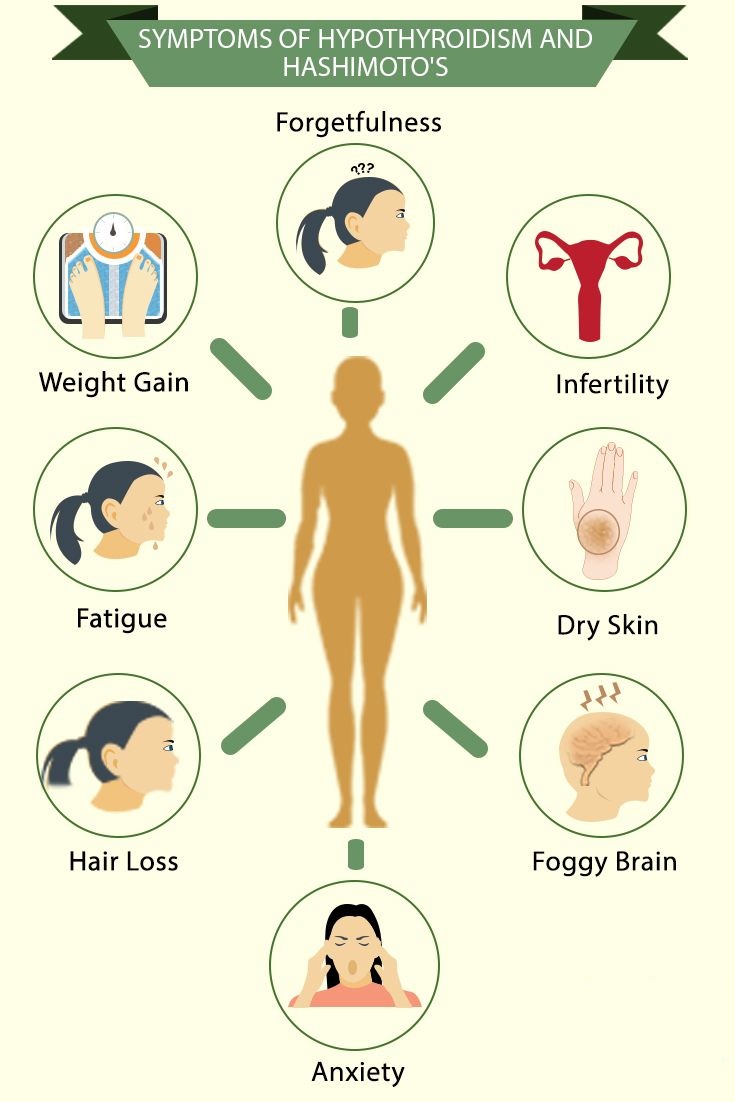THYROID HORMONE BALANCING
The thyroid gland is a very important gland located in the front of the neck.

It secretes several life sustaining hormones directly into the circulation. The activity of this gland in normal individuals is controlled by the pituitary gland in the brain.

The thyroid hormones control energy production in the powerhouse (mitochondria) of our body cells. These hormones contain iodine and include the two pivotal and metabolically active hormones called Thyroxine, T4 and Triiodothyronine, T3. In the gland, the amino acid Tyrosine is modified with 4 iodines to give T4 and three iodines to yield T3. The gland secretes 10-20 times more T4 than T3. All (100%) of T4 comes from the thyroid gland. However, T3 is derived 20-30% from the gland and about 70-80% from converting T4‘T3 in various tissues, mostly the liver and kidneys. Weight for weight, T3 is 4-5 times more potent than T4.

WHAT IS FREE HORMONE?
When the thyroid gland releases T3 and T4 into the circulation, these hormones are immediately bound to proteins found in the blood. More than 99% of T4 and T3 are bound and less than 1% are “free.” This “free” fraction is the active (bioactive) hormone. Part of the free fraction of the hormones may gain entry into the tissue; this is the “Tissue Delivery Fraction” which is involved in the regulation of energy production in living cells. Free T4 and T3 are abbreviated as fT4 and fT3.
BRAIN CONTROL OF THE THYROID
The pituitary gland in the brain secretes a powerful hormone called Thyroid Stimulating Hormone, TSH, which in turn, stimulates the thyroid to produce its hormones. High T4 and T3 usually suppress TSH production, while low T4 and T3 stimulate its production. Elevated TSH usually implies a weak thyroid gland, while suppressed or low TSH values may suggest a hyperactive thyroid.
WHAT IS THYROID AUTOIMMUNE DISEASE?
Our immune system, under certain conditions, may form antibodies and attack our thyroid gland tissue. The autoimmune state may follow an infection, trauma, or have no apparent known reason. About 10% of the normal US adult population (more in women than men) have an undetected (occult) auto-immune thyroid disease. Your doctor may order this test as part of the thyroid panel to detect autoimmune problems and help reduce possible future complications.
MAJOR FUNCTION OF THYROID HORMONES
The thyroid hormones exert multiple effects that are summarized in part below.
1. Metabolic Rate: Thyroid hormone is known to increase the metabolic rate thus affording an optimal body temperature.
2. Carbohydrate Metabolism: Thyroid hormones stimulate all aspects of carbohydrate processing in the body. They increase the rate of glucose absorption from the bowel and promote secretion of insulin.
3. Fat Metabolism: Thyroid hormones mobilize fat from its body stores and stimulate the use of fat for the body’s energy needs. This causes the person to lose fat. For this reason, long-term hyperthyroidism causes wasting of the body.
4. Effect on Vitamins: An increase in thyroid activity leads to rapid utilization of vitamins and cofactors. This can lead to marginal or outright vitamin deficiencies. Supplemental vitamins are usually recommended for hyperthyroid individuals.
5. Effect on Sexual Function: Both reduced and excessive thyroid hormone levels lead to reduced libido in both sexes. Additionally, in women with low thyroid hormone levels, persistent and excessive vaginal bleeding is common.
6. Effect on Sleep: Because of the exhausting effect of thyroid hormone on the musculature and central nervous system, hyperthyroid people often feel tired, yet they cannot sleep well. On the other hand, low thyroid causes sleepiness throughout the day.
It is important to point out that no single test is completely reliable on its own. For this reason, we offer a panel of tests to help in the clinical diagnosis that is primarily based on your history and physical exam.
Typical symptoms of low thyroid function (Hypothyroid): Fatigue/Lethargy, Dry skin & hair, Hoarse/slow speech, Facial Swelling, Constipation, Weight loss/gain, Excessive menstrual flow
Typical symptoms of overactive thyroid function (Hyperthyroid): Nervousness/Anxiety, Fatigue, Palpitations, Increased appetite, Weight loss, Increased sweating, Bowel hyperactivity, Sleep disturbances
We use lab tests and body temperature for evaluation and treat with Armour or Nature-throid, prescription medications, and iodine.
To determine if thyroid evaluation is appropriate for your health problems, consult with Dr. Smith or Ronnie.

